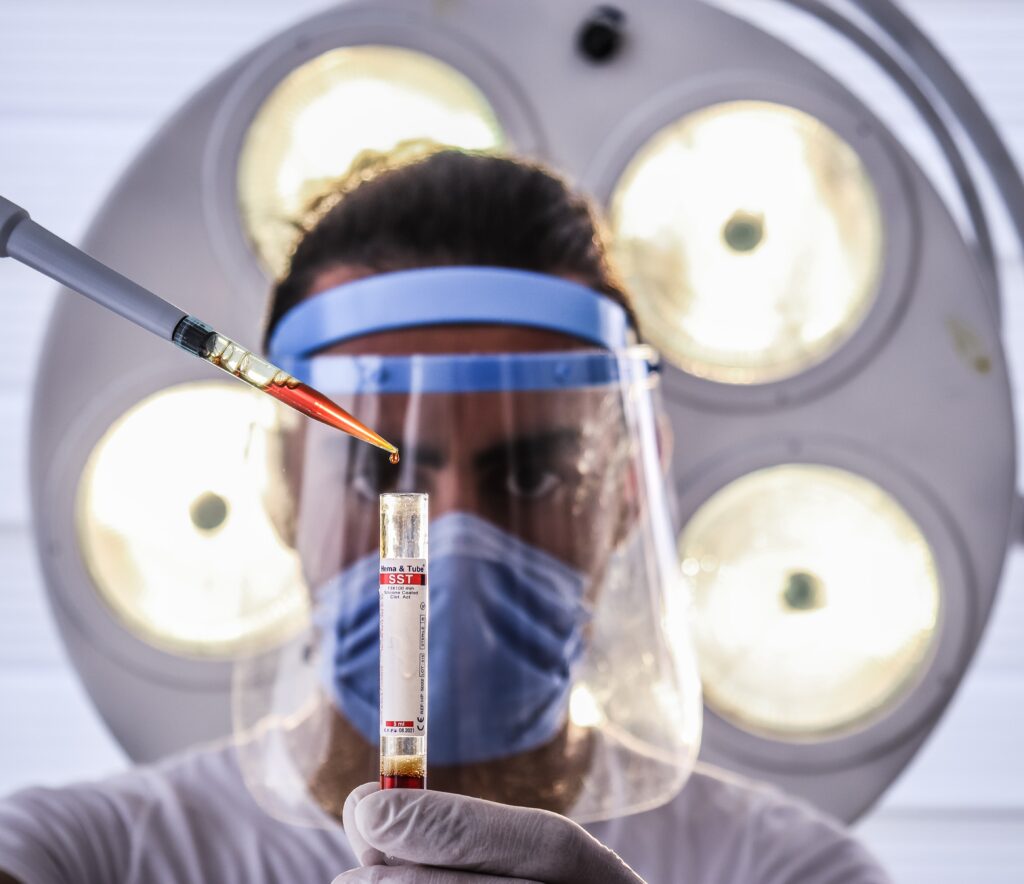Over ten HIV research organizations to receive millions from federal government toward cure
The fight to end HIV is still going strong, and 10 research organizations are dedicated to speeding up the process!
It was reported last week by Plus Magazine that over the next five years, these ten research organizations will annually split $53 million dollars from the National Institutes of Health.A large portion of the funds received will be given to the Martin Delaney Collaboratory of AIDS Researchers for Eradication (CARE). CARE, which is led by University of North Carolina School of Medicine professor and director of the UNC HIV Cure Center, Dr. David Margolis, will receive $5.2 million for each of those five years.
According to a press release from the University, the money will go towards helping CARE, which was founded in 2011, to speed up the discovery of an HIV cure by bringing researchers, private sector companies, and government officials together to share resources, data, and methods. It will also help by expanding its work to also include expertise toward a better understanding of persistent HIV transmission, the discovery of novel approaches to disrupt HIV latency, methods to clear the HIV reservoir, and identification of strategies to control the viral rebound, according to a university press release.
“We will continue to pursue our central unifying hypothesis that reversing HIV latency will ultimately lead to eradication of persistent HIV infection,” stated Margolis. “We will also pursue interventions to prevent rebound of viremia after interruption of antiretroviral therapy (ART), and we will leverage a broad portfolio of tools from both academic and industry partners, and apply new discoveries, demonstrating proof-of-concept for clinical initiatives.”
Named after the late HIV activist Martin Delaney, CARE has already been involved in what may be the most important advancements in discovering an HIV cure. Antiretroviral drugs help those living with HIV to suppress the virus to undetectable levels in the blood. However, HIV is still present in the body through what is called latently infected resting CD4+ T cells. UNC CARE researchers were involved in creating a compound to activate those CD4+ T cells so that they may then be targeted by the antiviral medications.
Other research organizations that will be receiving funding will include Johns Hopkins University in Baltimore, Temple University in Philadelphia, and Atlanta’s Emory University.



















